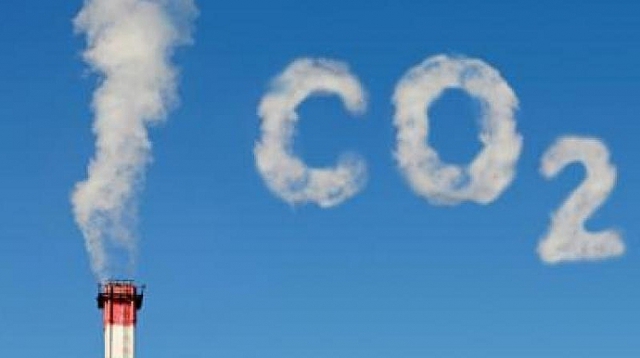Gov't targets to cut CO2 emissions by over 11 million tons by 2045
VGP – The Government targets to reduce CO2 emissions by 11.2 million tons through 2045, according to a national plan on management and elimination of ozone-depleting substances approved on Tuesday.

The Government pledges to effectively implement its commitment to being free of products that contain or made from Bromochloromethane, CTC, CFC, Halon, HBFC, Methyl chloroform and HCFC 141b.
Viet Nam will gradually reduce HFC consumption to about 20 percent by 2045 and beyond, reads the national plan.
In national strategy on green growth approved in 2021, the Government targets to reduce greenhouse gas emission intensity per GDP by at least 15 percent compared to that of 2014.
By 2050, the greenhouse gas emission intensity per GDP is expected to decrease by at least 30 percent compared to 2014.
At the COP26, Prime Minister Pham Minh Chinh announced Viet Nam's commitment to achieving net-zero emissions by 2050.
Global energy-related CO2 emissions grew by 1.1 percent in 2023, increasing 410 million tons to reach a new record high of 37.4 billion tons, reported the International Energy Agency (IEA).
In 2022, Viet Nam has a total CO2 emission from primary energy consumption of 270.0 million tons, down 1.1% from 2021, accounting for 0.8 percent of the world's total CO2 emissions.
CO2 emission per capita was 2.492 tons/person, only 57.8 percent of the world average and much lower compared to many countries in the region and the world./.
